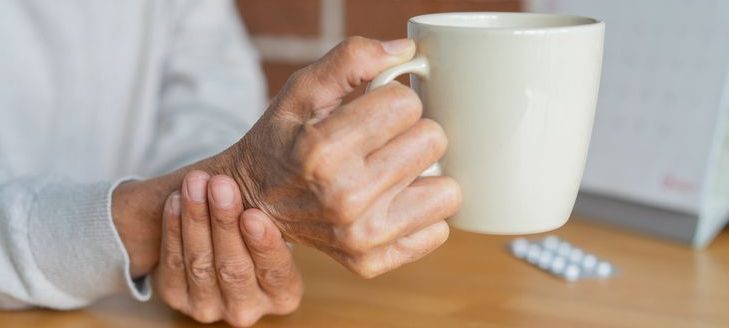The following is a summary of “Socio-economic conditions affect health-related quality of life, during recovery from acute SARS-CoV-2 infection,” published in the August 2024 issue of Infectious Disease by Benatti et al.
Millions of Post-Acute Sequelae of COVID-19 (PASC) cause slow and incomplete recovery from acute COVID-19.
Researchers conducted a retrospective study to explore how pre-existing socio-economic status (SES) influences the delay in disease recovery.
They analyzed a database of 1,536 patients with COVID-19 admitted during the first wave, who were followed up in a multidisciplinary intervention treatment. The individuals noted in 12 weeks and with serious acute complications were excluded. The investigation was done to oversee the disadvantaged SES on recovery outcomes, including symptoms, HRQoL by SF-36 scale, post-traumatic-stress-disorder by IES-R scale, and lung structural damage by impaired CO diffusion and Diffuse Capacity of the Lungs for Carbon monoxide (DLCO).
The result showed 825 patients with a median age of 59 years; 60.2% were men, 499 approximately 60% were hospitalized, and 27(3.3%) were admitted to the ICU. At follow-up,337 (40.9%; 95% CI 37.5–42.2%) reported ongoing symptoms, 256 had Post-Traumatic Stress Disorder (PTSD) (31%, 95% CI 28.7–35.1%), and 147 (19.6%, 95%CI 17.0–22.7%) of them had reduced DLCO. A multivariable model analysis showed disadvantaged SES linked to lower HRQoL affecting physical health (Limitations in physical activities: OR = 0.65; 95% CI = 0.47 to 0.89; P= 0.008; AUC = 0.74) and Bodily pain (OR = 0.57; 95% CI = 0.40 to 0.82; P=0.002; AUC= 0.74), with no association between SES and other outcomes.
They concluded that pre-existing socio-economic disadvantages affected recovery from COVID-19, and clinical assessment should be incorporated with SES and HRQoL measurements for symptom evaluation.
Source: bmcinfectdis.biomedcentral.com/articles/10.1186/s12879-024-09502-x














Create Post
Twitter/X Preview
Logout